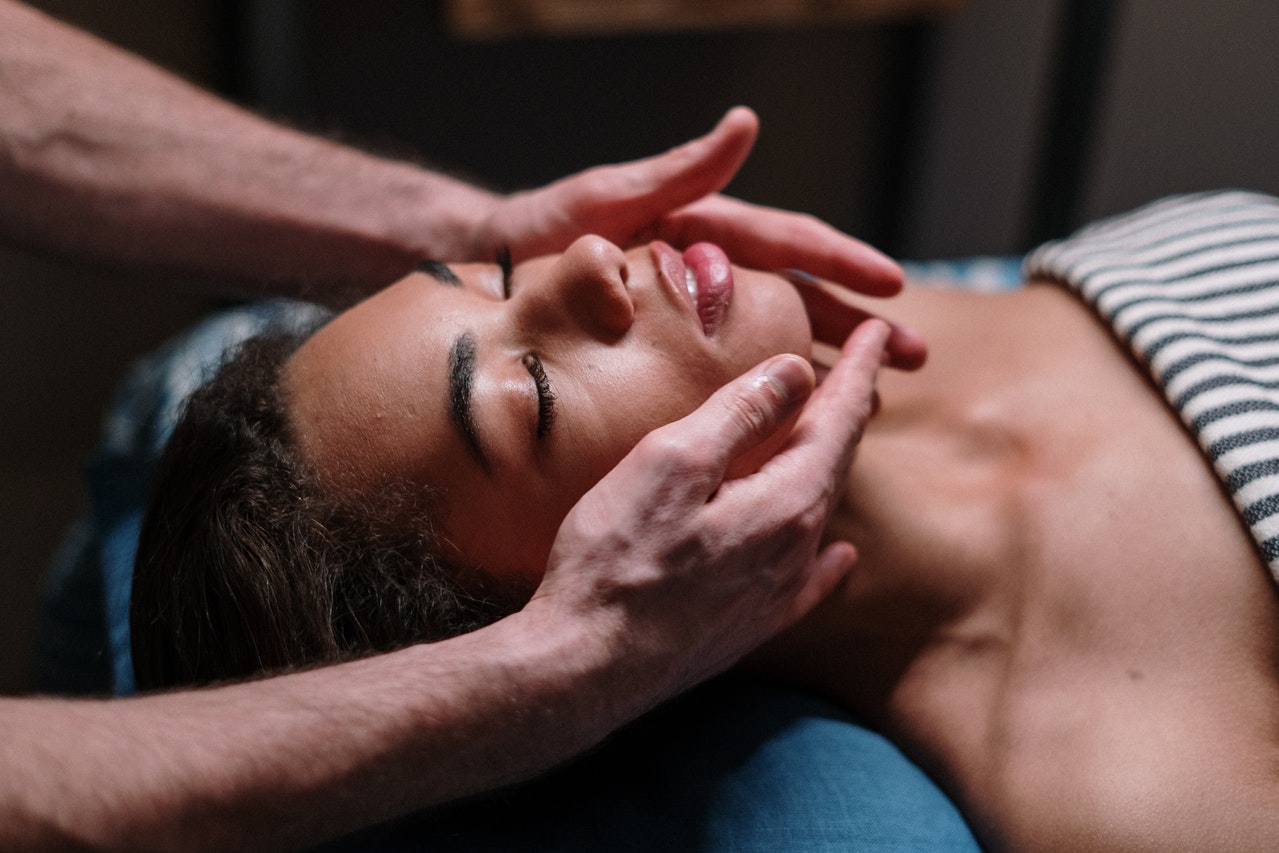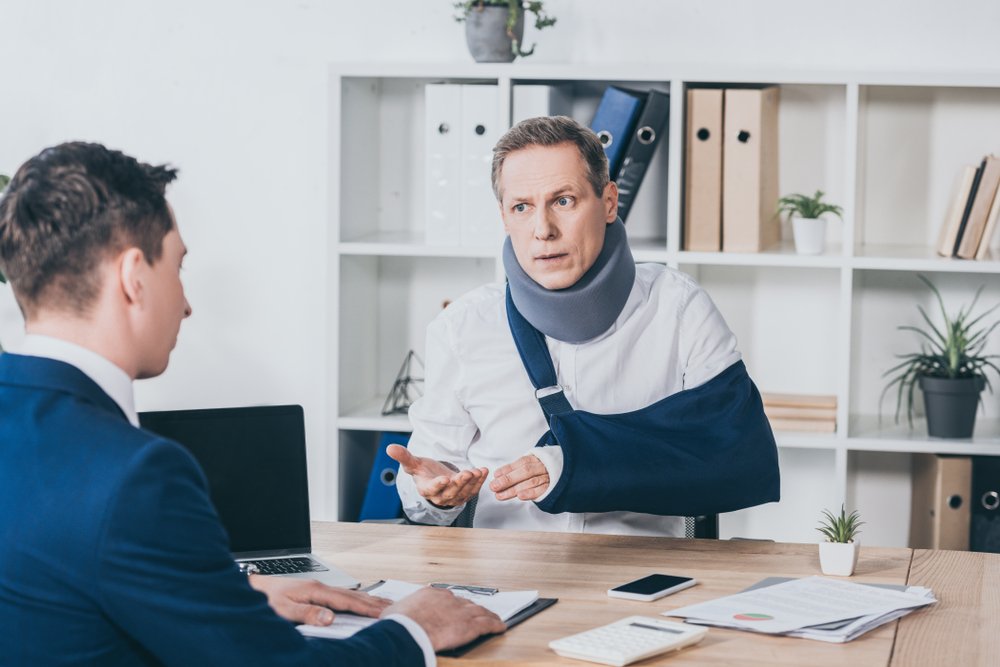
Healing Body, Mind, and Spirit after a Traumatic Injury
Injuries cause over five million deaths and many more non-fatal injuries every year across the globe, with common injuries including those caused by falls and motor vehicle crashes. Every year, approximately 1.4 million Americans have a traumatic brain injury (TBI), which can cause them significant, long-term (or lifelong) disability and comfort. If you have been through such an injury, coming to terms with the changes and challenges it presents will take time. Below are just a few steps you can take to approach healing from a multi-faceted perspective.
Obtaining Compensation if You are Entitled to It

If your injury was caused by a DUI, negligence, or an intent to do harm, you could be liable for compensation. According to JJS Justice, seeking help from an injury lawyer early is important, so you do not lose your right to sue owing to statutes of limitations. If your injury was sustained at work, meanwhile, then you will need to pursue your workers’ compensation rights. Bear in mind that a traumatic injury can be expensive to treat, even if you are insured, you may need or desire more care than what is offered. You might also wish to try out novel treatments that are not covered by your insurance plan, or take a break from work, thus making a lower income than you have been used to. Compensation can help you obtain as much aid as you need while giving you the peace of mind of knowing that you can afford your monthly expenses.
Staying Active After an Injury
Depending on the nature of your injury, once you are in recovery, your medical team may recommend exercises such as walking or running, cycling, dancing, aerobics, or swimming. You may also be recommended strength exercises to boost muscle mass and promote balance and good posture. Staying active will help you enjoy a better mood. Research has shown, for instance, that people who had sustained TBIs and exercised for at least 90 minutes per week had a better quality of life and improved mental health than those who were inactive. If possible, exercise outdoors in a green setting, as doing so will only strengthen the relaxing effects of exercise.
There are many specialists that can help you in such circumstances, such as orthopaedic doctors, chiropractors, osteopaths and physiotherapists. Get to learn more about their differences here.
Consuming a Healthy Diet

Nutrition is an important part of healing from a traumatic injury. The human body and brain requires key nutrients to complete physical, mental, and cognitive activities. An easy way to feed yourself the very best fuel is to adopt the “Mediterranean Diet.” The latter consists of lean proteins, legumes, whole grains, fruits and vegetables, and other fiber-rich foods. Prioritize fiber, consuming fortified products if necessary. Recent studies have shown that there is a powerful link between the variety of healthy bacteria in your gut and your mental health. In particular, having lower levels of two gut bacteria in particular (dialister and coprococcus) have been linked to depression. It doesn’t take long to make a big improvement to your gut health, with one recent study showing that a two-week increase in fiber can significantly alter a person’s gut microbiome (the community of microorganisms that live together in your gut).
Embracing the Power of Holistic Activities
After an injury, your body and mind can feel disjointed. Holistic activities such as yoga are an excellent way to engage the body and mind together. Yoga has been found in numerous studies to lower stress and as such, it is used in a wide variety of settings, ranging from rehabilitation centers for substance abuse to sessions with people with PTSD. Because it hones your strength, focus, and coordination, it is an excellent way to keep the mind “in the here and now” and to obtain a state of deep calm thanks to controlled breathing. Poses like the Palm Tree, Tree Pose, and Downward Facing Dog can help enhance your balance, improve your muscle coordination, and increase your flexibility.
Turning to Loved Ones for Support

Support from friends or loved ones is important at a time in which you may need time to adapt to many changes (both physical and emotional) in your life. In a 2015 study published in the journal BMC, scientists examined the effects of families and other sources of social support on the physical health, persistent pain, and return to work outcomes of people who had sustained a musculoskeletal traumatic injury. The results showed that having a loving family and other sources of support benefit those who had been through a traumatic injury by improving these markers. The researchers additionally concluded that patients without this type of social support could benefit from receiving professional practical and psychological support.
Receiving Treatment if Required

Psychologists can rely on evidence-based approaches to helping you deal with the effects of traumatic stress. Rather than being seen as a “last resort,” therapy can be a vital complement to any other treatments you are receiving. The World Health organization recommends trauma-focused cognitive-behavioral therapy (CBT), to treat acute traumatic stress in adults. This type of therapy helps people understand the link between their thoughts, emotions, and behaviors. It helps people change thinking patterns and behaviors that are stopping them from progressing. Research shows that trauma-focused CBT can stop people from developing chronic PTSD. There is also a wide array of treatments for children and teens who have been through trauma. These include family therapies, which involve the participation of the child’s parents or guardians.
Traumatic injuries are common and some, including TBIs, can take weeks, months, or longer to recover, depending on the severity of the injury. To heal your body, mind, and soul, it is important to eliminate stress from your life and to take proactive measures to enjoy a more confident state and better meet. Yoga, exercise, and spending time in nature can all help you improve different skills that can help you feel like you are making positive progress. So, too, can turning to loved ones and one’s wider social circle for support. Healthy eating is important during this time; a Mediterranean-style diet can ensure your body and brain have all the ingredients they need to function well. Finally, receiving professional treatment can help symptoms from worsening.
